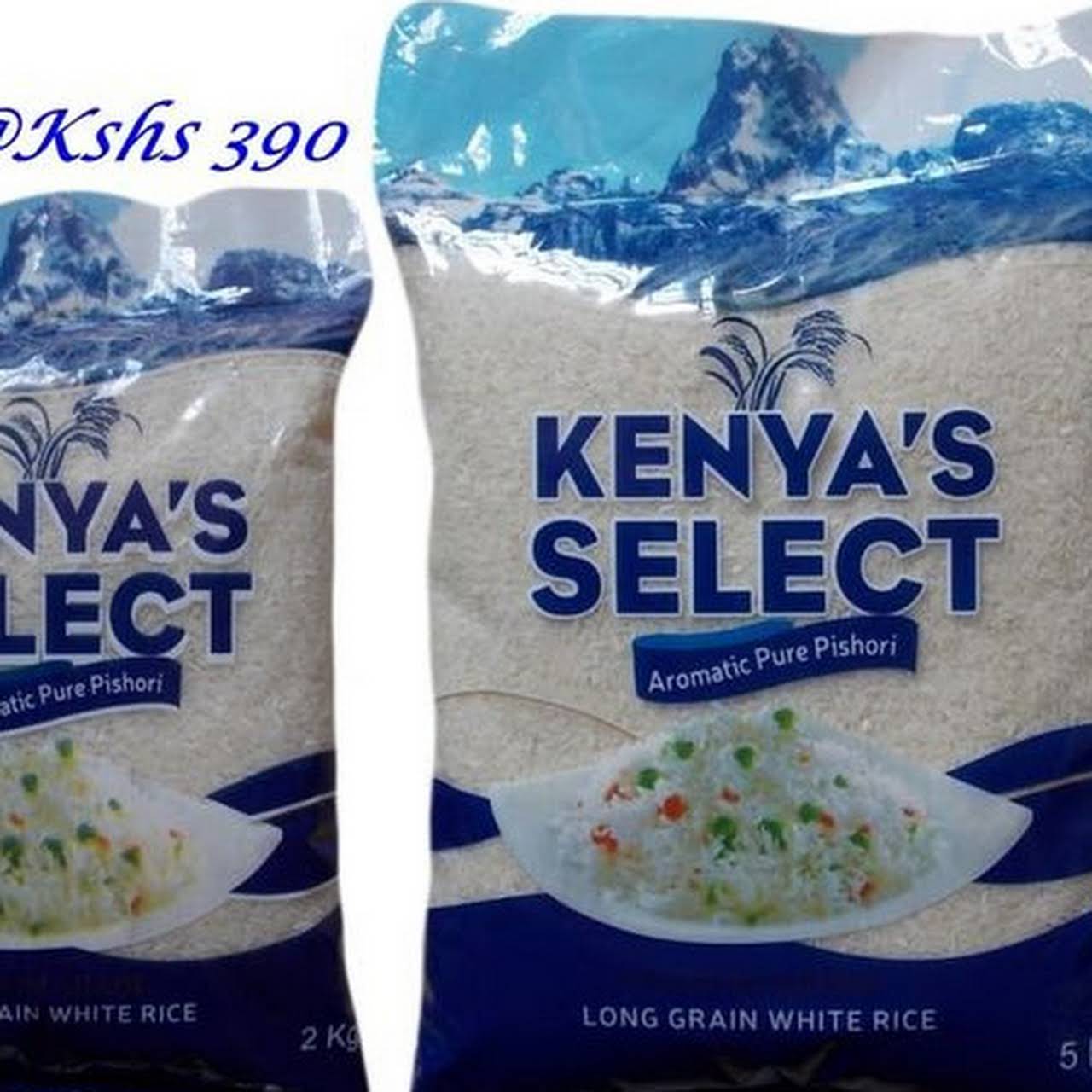8 Reasons You Should Buy Rice in Kenya with Wigmore Trading
8 Reasons You Should Buy Rice in Kenya with Wigmore Trading
In a world where everyone seems to have an opinion about what you should and shouldn’t eat, it’s easy to feel confused about which foods are healthy and which aren’t. The fact is that different foods suit different people depending on their cultural preferences and personal tastes, among other factors. To this end, some foods may be more appropriate in one situation than another depending on the person eating them. However, there are some universal truths when it comes to nutrition, including the fact that we all need carbohydrates in our diet (although perhaps not as much as most people generally eat). There are many types of carbohydrate available in the market today: Starch is a type of complex carbohydrate that is found in plants and is broken down into sugars during digestion. Simple carbohydrates (also called simple sugars) are commonly found in fruits, honey, and syrups. Sugar alcohols such as xylitol or erythritol are also forms of carbohydrates that are not broken down by the body but rather pass directly through your digestive system unchanged (and so do not raise your blood sugar levels).
Rice is a highly versatile and nutritious food
People around the world have been enjoying rice as a staple food for thousands of years. Today, it is cultivated in almost every part of the world and comes in many different varieties, giving it a very broad range of uses beyond just being a food staple. Rice varieties differ both in their colors and in their properties; for example, some are more suited for growing in certain kinds of soil environments than others.
Rice is full of vitamins, minerals, and other nutrients
Rice is a particularly good source of B vitamins, minerals, and fiber, which are all essential nutrients needed by the body. B vitamins help to keep the nervous system healthy, aid in the production of energy in the cells of the body, and help form red blood cells. Minerals are needed for the body to function and grow normally and include calcium, magnesium, and iron. Fiber is important for digestive health as well as for helping to keep the body regular. There are also some other benefits to eating rice, particularly for people with diabetes or other conditions that cause spikes in blood sugar levels.
Rice is extremely filling
The high levels of fiber in rice, as well as its high water content, make it a very filling food. This can be particularly helpful for people who have diabetes and may have to carefully monitor their calorie intake. For many people, eating rice can be a satisfying and filling alternative to eating starchy foods like potatoes or pasta, which are higher in calories and may be less appropriate in some people’s dietary situations.
Rice provides slow-burning energy
Carbohydrates are the body’s main source of energy. The digestive system breaks them down into glucose, which is then used by the body to produce energy. While fats are also used to provide the body with energy, they are slower to break down and release than carbohydrates, making rice a particularly good food source for slow-burning energy. This can be particularly helpful for people who have conditions that cause a rapid rise in blood sugar levels such as diabetes, which can then lead to extreme fatigue. Rice is also a great food choice for people who need a lot of energy throughout the day; it is often recommended for athletes and people who regularly have very physically demanding jobs.
Rice is gluten-free and easy to digest for those with sensitivities
Rice is often recommended by nutritionists as a food that is easy to digest and suitable for people with digestive issues such as irritable bowel syndrome (IBS) or celiac disease because it is gluten-free. Though most types of rice are gluten-free, some are grown in fields that are also used to grow wheat, barley, and other gluten-containing grains, so it is important to carefully read the labels of your rice products to make sure they are labeled gluten-free.
Bottom line: Should you eat rice? Yes!
Rice is a natural, healthy food that can fit into almost any person’s daily diet. It is a good source of vitamins, minerals, and fiber that can help to keep you healthy and feeling full throughout the day. It is also gluten-free and easy to digest, making it a good food choice for many people. Now that you know more about rice and why you should eat it, you can make informed decisions about what foods are best for you. Whether you are looking to add more fiber to your diet or need a slow-burning source of energy, rice is a nutritious and delicious food that can be enjoyed in many different ways.








LEAVE A COMMENT
You must be logged in to post a comment.